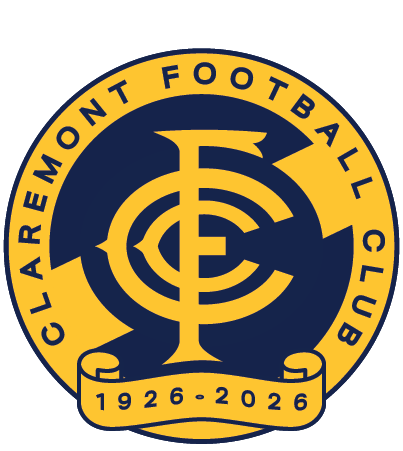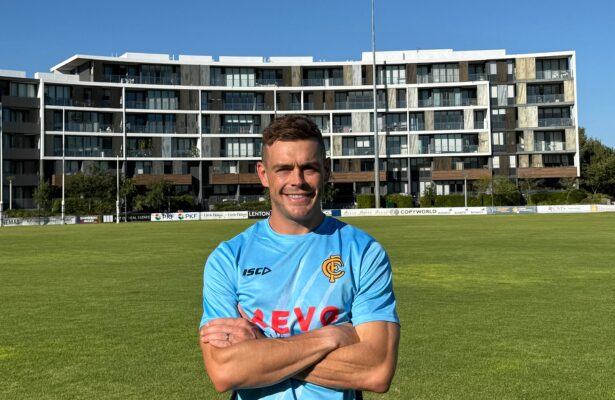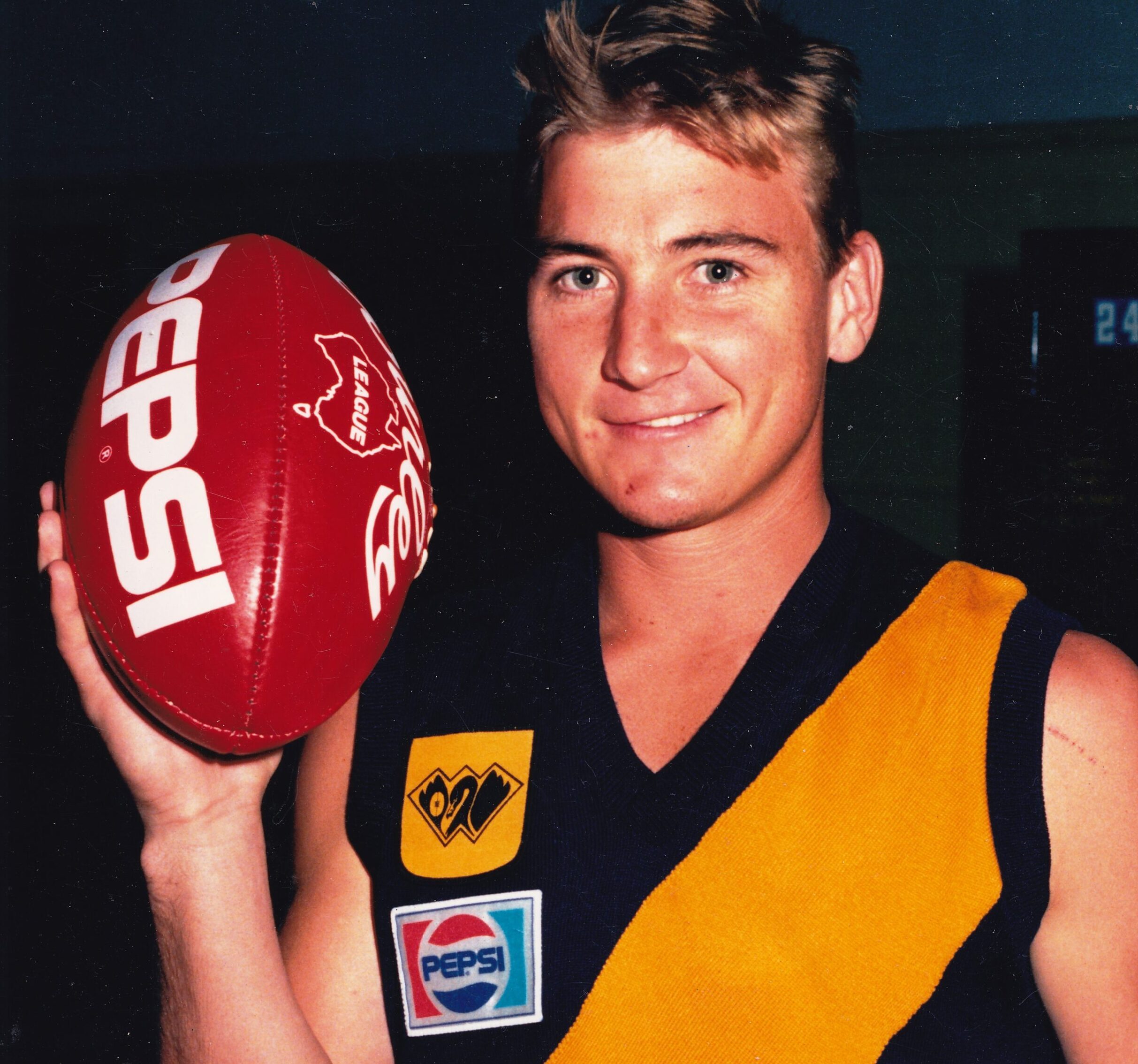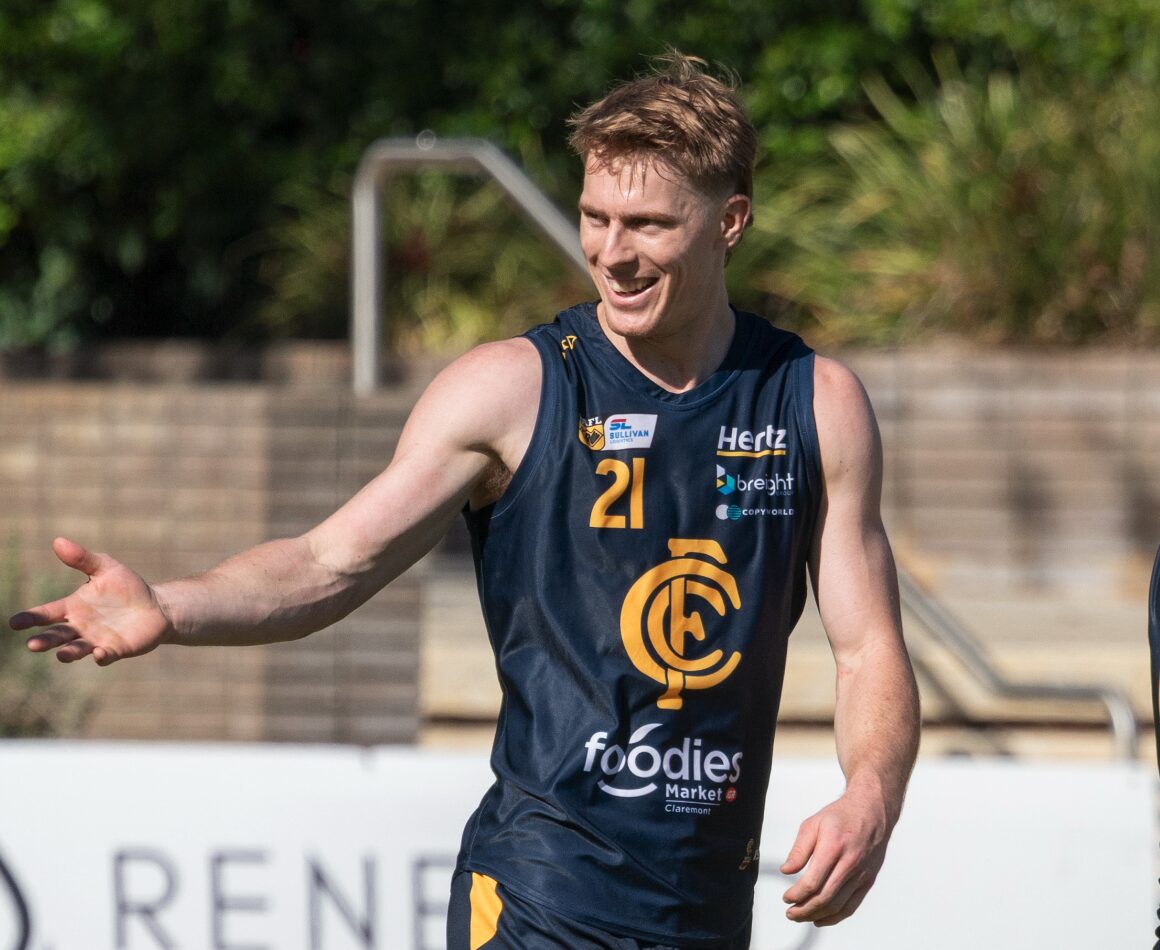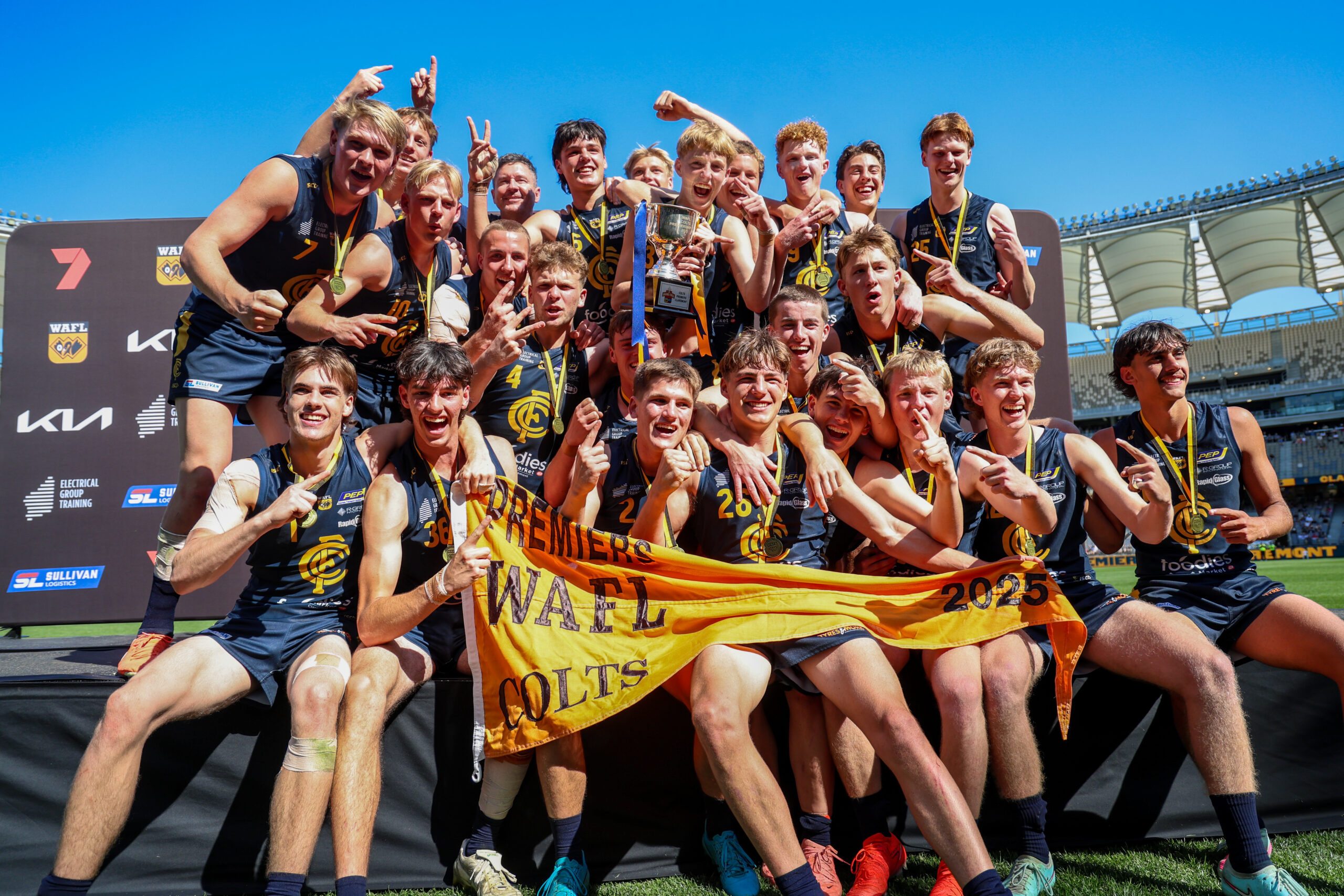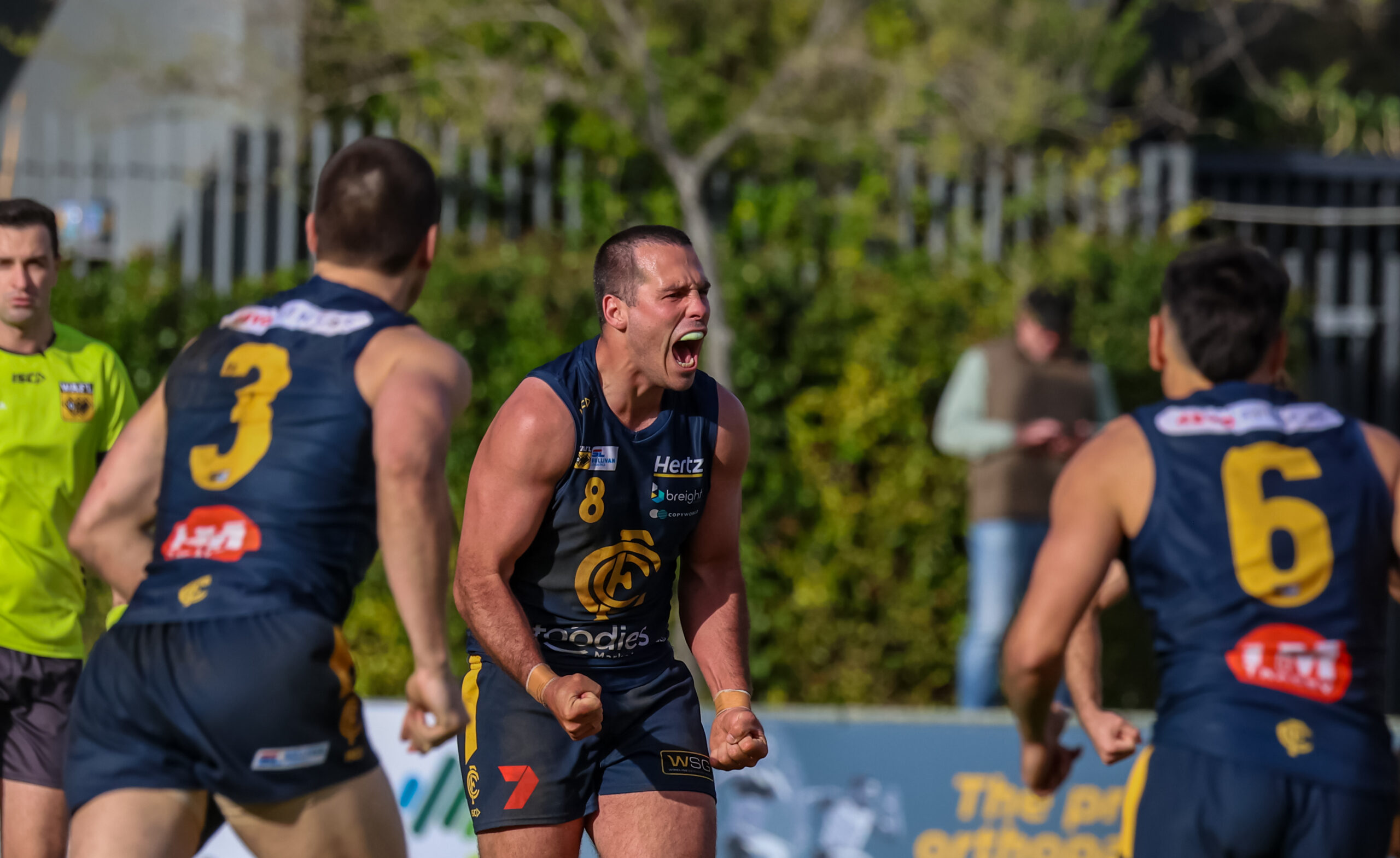VALE JOHN “BUZZ” PARKINSON
Author: Admin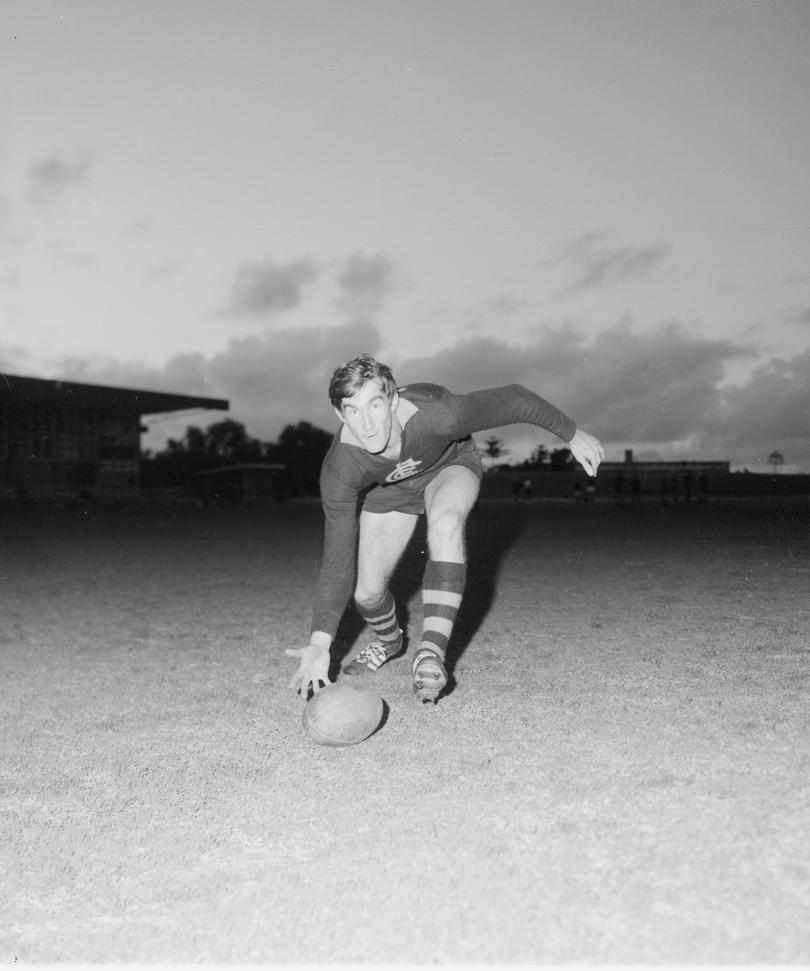
By Ken Casellas
An ever-present cheery smile, a sense of fun, a positive outlook and a love of life were trademarks of John Parkinson, fondly known by all as Buzz, a champion footballer and a champion human being.
And now Claremont players and officials, past and present, members and supporters are mourning the death at the age of 80 on Monday of a charismatic character who is admired as one of Claremont’s most decorated players.
Few teenagers have had such a significant impact on a WAFL club winning a premiership as Parkinson had as an inexperienced 19-year-old at Claremont in 1964.
He was a star in Claremont’s thrilling 18-point victory over West Perth at Leederville Oval in the final round of qualifying matches when he roved superbly and booted a couple of dazzling snapped goals in his ninth league appearance in front of a crowd of 21,446.
This win enabled the Tigers to leap from fifth to fourth to earn the right to meet Subiaco in the first semi-final when Parkinson scored another two goals in a low-scoring contest in which Claremont finished 12 points in front. Claremont then defeated Perth by nine points in the preliminary final.
Parkinson went into the grand final against East Fremantle as the baby of the Claremont side for just his twelfth senior match. Far from being overawed, he kicked two goals and was one of the side’s best players in the magnificent four-point triumph.
The match was less than 20 seconds old when Parkinson marked a pass from Wayne Harvey and kicked the opening goal. And it was Parkinson in the dying couple of minutes who gained possession and sent a long punt downfield which was marked by centre-half-forward Ian Brewer for the winning goal.
The 1964 premiership ended a 24-year drought for the Tigers and Parkinson continued to be a drought-breaker when he won the 1967 Sandover Medal, giving the Tigers their first medallist for 18 years, after Sonny Maffina’s success in 1949.
Parkinson played for the Tigers in the thirds competition in 1962 and 1963 before being promoted to the league side for the final two matches of the 1963 season. The Claremont league side finished last in 1963, and then after spending much of the first half of the 1964 season in the reserves, he was a leading light in the greatest revival in the club’s history.
After winning the 1967 Sandover Medal, Parkinson signed a form four to join North Melbourne. But he was enticed to remain at Claremont for the next three years before we went to Victoria to play for Collingwood in 1971. He did not play in a losing side in the VFL competition, with Collingwood beating North Melbourne, Melbourne and Geelong.
He made an outstanding debut in the round five match against North Melbourne at Victoria Park when he took three marks, had 18 kicks, including a goal, and made five handpasses. But his career came to an abrupt end in the round seven match against Geelong at Victoria Park, when showing typical courage, he attacked the ball fearlessly but was met heavily by a rival defender and suffered a fractured collarbone.
His arm was in a sling for six weeks and he returned to Claremont for the 1972 season when he played in 19 league matches, including the grand final loss to East Perth. He retired after six games in 1973, with his final appearance being as a 28-year-old against East Perth at Perth Oval on May 12 after being troubled by a shoulder injury and a stress fractured cheekbone. It was as an 18-year-old that he made his league debut, also against East Perth at Perth Oval in round 19 in the 1963 season.
Parkinson notched 156 league games for Claremont and was the club’s leading goalkicker three times — in 1967 (44 goals), 1968 (36 and sharing the title with Peter Ding) and 1970 (47), ending with a tally of 238 goals. Seventy of his matches were at Claremont Oval where he kicked 105 goals.
He was also Claremont’s fairest-and-best player in 1967, and he appeared in two winning matches for Western Australia against South Australia at Subiaco Oval in 1967 and 1970.
He was a quick and elusive rover, with an uncanny goal sense, and he was a deft user of the football with hand and foot.
Parkinson has always been a wonderful club man, who coached junior sides during his playing days and in recent years he served as president of Claremont’s Past Players and Officials Association. He has left an indelible mark on the Claremont Football Club and will be sadly missed.
